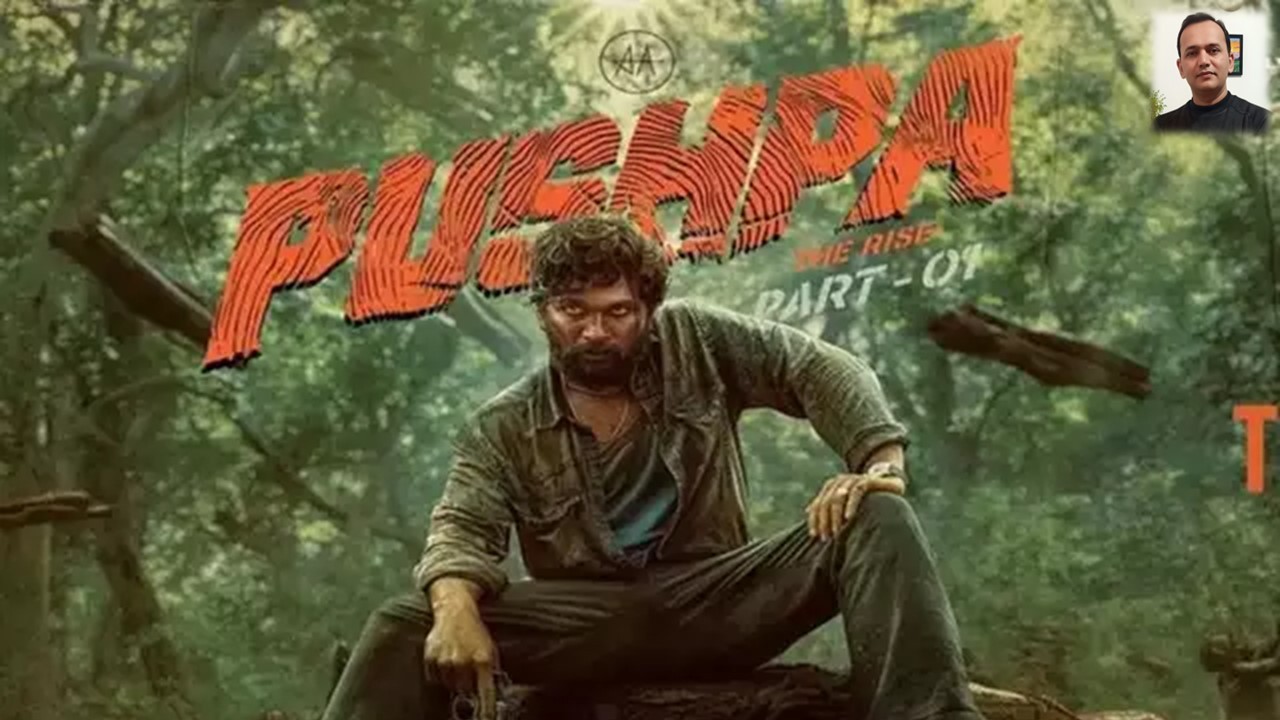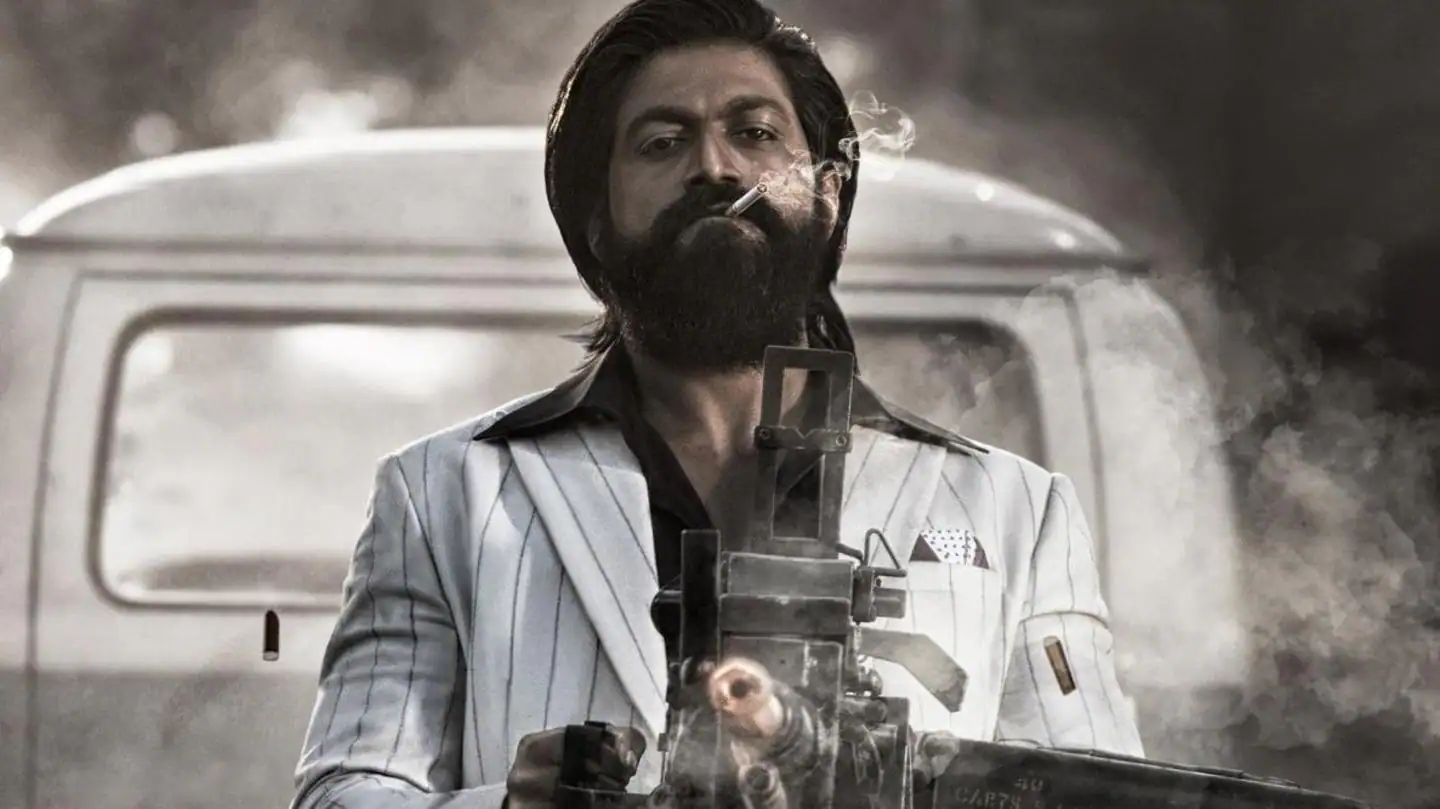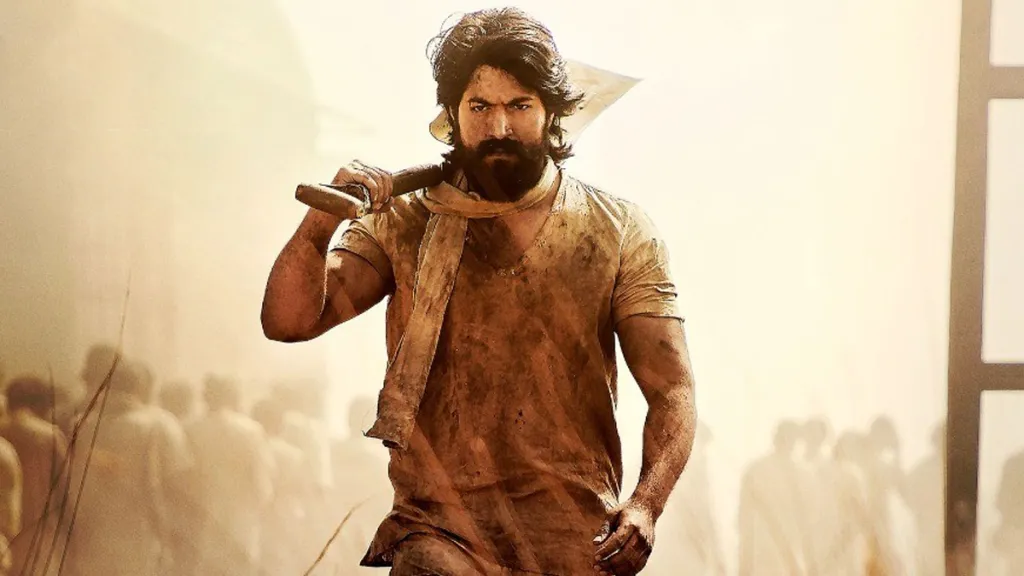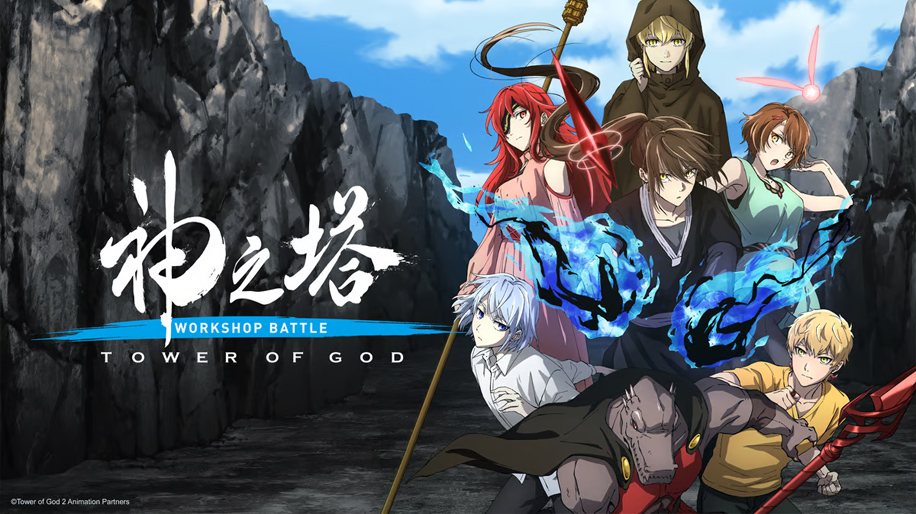Streaming
Izakaya Nobu: A Delightful Fusion of Fantasy and Culinary Arts
If you’re in the mood for an anime that combines the charm of fantasy with the joy of food, *Izakaya Nobu* is the perfect choice. Prepare to be transported to a world where every dish tells a story, and every bite brings people closer together.
Series Title:Isekai Izakaya: Japanese Food From Another World (異世界居酒屋~古都アイテーリアの居酒屋のぶ~)
Studio: Sunrise
Episodes:** 24 (12 minutes each)
Genres: Fantasy, Slice of Life, Cooking
Rating 8/10
“Isekai Izakaya: Japanese Food From Another World” (commonly known as *Izakaya Nobu*) invites viewers into a unique and charming blend of fantasy storytelling and culinary exploration. Unlike the typical high-stakes action and adventure of most isekai anime, Izakaya Nobu offers a refreshing change of pace, focusing on the warmth of human connection and the joy of simple, well-prepared food.
The series centers around a small, unassuming Japanese izakaya named “Nobu,” which inexplicably connects to another world—a medieval European-inspired city known as Aitheria. Each episode welcomes a variety of customers through its mysterious doors, from local knights and noblemen to ordinary townsfolk. The plot unfolds through their interactions with the izakaya’s menu and the friendly duo of the izakaya’s owner, Nobuyuki Yazawa, and his cheerful server, Shinobu Senke.
The character dynamics in *Izakaya Nobu* are straightforward yet engaging. Nobuyuki Yazawa is a quiet and skilled chef, whose dedication to his craft is evident in every dish he prepares. Shinobu Senke is the heart of the izakaya, radiating kindness and hospitality that make each guest feel at home. The supporting characters, often guests at the izakaya, come from diverse backgrounds and bring their unique stories and struggles.
Aitheria, the fantasy world in which the izakaya is located, provides a rich backdrop for these stories. The cultural and societal norms of this world contrast beautifully with the modernity of the izakaya, creating interesting interactions and misunderstandings that add depth to the narrative.
The art style of *Izakaya Nobu* is colorful and inviting, capturing the essence of both a cozy Japanese eatery and a medieval European city. The character designs are simple yet expressive, and the animation does a commendable job of bringing the culinary scenes to life. Each dish is meticulously animated, emphasizing the textures, colors, and presentation, making the food a central visual element of the show.
At its core, *Izakaya Nobu* is a celebration of the universal language of food. The series highlights how food can bridge gaps between cultures, soothe tensions, and create lasting bonds. Each episode showcases a different dish, and the reactions of the Aitherian guests often reflect a real-world appreciation for Japanese cuisine. The series subtly promotes the values of hospitality, understanding, and acceptance.
The soundtrack of *Izakaya Nobu* complements the series’ relaxed and comforting atmosphere. The opening and ending themes are light-hearted and catchy, perfectly setting the tone for the episodes. The voice acting is commendable, with each actor bringing their character to life with warmth and sincerity. The voice actors for Nobuyuki and Shinobu, in particular, capture the essence of their characters’ personalities.
*Izakaya Nobu* is a delightful series that offers a unique twist on the isekai genre. Its focus on food and human connections sets it apart from other anime, making it a refreshing and heartwarming experience. Whether you’re a foodie, a fan of slice-of-life stories, or simply looking for a relaxing and enjoyable anime, *Izakaya Nobu* is a must-watch.
Streaming
Review: Pushpa: The Rise (2021)

Director: Sukumar
Cast: Allu Arjun, Rashmika Mandanna, Fahadh Faasil
Genre: Action, Drama
Rating: 4.5/5
Pushpa: The Rise is a raw, adrenaline-fueled ride that showcases the underbelly of the red sandalwood smuggling trade in Andhra Pradesh. Directed by Sukumar, this movie brilliantly blends high-octane action with emotionally driven storytelling, making it a must-watch for fans of Telugu cinema and action dramas.
The narrative follows Pushpa Raj (Allu Arjun), a laborer in the red sandalwood trade, as he climbs the ranks to become a powerful figure. Born into poverty and scorned for his illegitimacy, Pushpa’s journey is marked by grit, ambition, and a fierce sense of self-respect. The film deftly balances the action-packed rise of Pushpa with moments of vulnerability, particularly in his tumultuous romance with Srivalli (Rashmika Mandanna).
The antagonist, Bhanwar Singh Shekhawat (Fahadh Faasil), is introduced towards the film’s end, setting the stage for a gripping sequel. The climactic confrontation between Pushpa and Shekhawat is a masterclass in tension-building, leaving viewers eagerly awaiting Pushpa: The Rule.
Allu Arjun: This is Allu Arjun’s film through and through. His transformation into Pushpa is a revelation, from his rugged look to his unapologetic demeanor. His mannerisms, including the now-iconic shoulder rub and dialogue delivery, make Pushpa an unforgettable character.
Rashmika Mandanna: While her role as Srivalli adds emotional depth to the story, it feels slightly underutilized. However, her chemistry with Allu Arjun is undeniable.
Fahadh Faasil: Despite limited screen time, Fahadh delivers a chilling performance as the cold and calculating Shekhawat. His presence promises an explosive conflict in the sequel.
Sukumar’s direction is stellar, balancing mass appeal with nuanced storytelling. The screenplay maintains a brisk pace, seamlessly weaving action sequences with character development. The film’s raw and grounded tone is a departure from the glossy feel of many mainstream Telugu films, adding authenticity to the story.
Mirosław Kuba Brożek’s cinematography is stunning, capturing the lush forests of Andhra Pradesh and the gritty world of the red sandalwood trade.
Devi Sri Prasad’s music is another highlight. Tracks like “Srivalli” and “Oo Antava” became cultural phenomena, while the background score enhanced the film’s intensity.
Action Sequences: The action choreography is visceral and hard-hitting, perfectly complementing the film’s tone.
The film explores themes of ambition, class struggle, and self-respect. Pushpa’s refusal to bow down to societal norms resonates deeply, making him a relatable anti-hero. The story also critiques the systemic exploitation of laborers, adding a layer of social commentary.
Pushpa: The Rise is an exemplary action-drama that redefines the Telugu film industry’s global appeal. With a magnetic performance by Allu Arjun, stellar direction by Sukumar, and unforgettable music, it stands out as one of the best films of 2021. While it occasionally falters with some underdeveloped subplots, the overall experience is nothing short of spectacular.
4.5/5 Pushpa: The Rise is a cinematic feast that deserves its cult status. Whether you’re a fan of Telugu action films or a newcomer, this film is a must-watch. Its cliffhanger ending ensures that Pushpa: The Rule will be even bigger and better.
Streaming
KGF: Chapter 2

Director: Prashanth Neel
Cast: Yash, Sanjay Dutt, Raveena Tandon, Srinidhi Shetty
Genre: Action, Drama
Rating: 4.5/5
KGF: Chapter 2 is an explosive sequel to the 2018 blockbuster KGF: Chapter 1. Directed by Prashanth Neel, the film elevates the gritty narrative of Rocky (played by Yash), a man who rises from poverty to become a feared and revered leader. The sequel builds on the success of the first chapter with an even grander scale, intense drama, and jaw-dropping action sequences.
The story picks up with Rocky establishing his dominance over the Kolar Gold Fields after eliminating his rival, Garuda. As the “king of KGF,” Rocky faces new challenges, including the vengeful Adheera (Sanjay Dutt), who returns to reclaim what he believes is rightfully his. Meanwhile, political power struggles arise, with Prime Minister Ramika Sen (Raveena Tandon) intent on curbing Rocky’s influence.
The film delves deeper into Rocky’s psyche, exploring his motivations, vulnerabilities, and unrelenting ambition. It balances high-octane action with emotional depth, as Rocky continues his fight for survival and legacy.
Yash’s Star Power: Yash’s portrayal of Rocky is magnetic. His intensity and swagger make the character larger-than-life while retaining a raw, emotional core.
Sanjay Dutt as Adheera: Inspired by Viking warriors, Dutt’s Adheera is a terrifying and formidable antagonist, creating memorable clashes with Rocky.
Visual and Technical Brilliance: The cinematography by Bhuvan Gowda captures the grandeur and darkness of KGF with stunning visuals. The action sequences are choreographed to perfection, blending realism with spectacle.
Ravi Basrur’s Music: The background score enhances the drama, creating an immersive experience.
Dialogues and Screenplay: Rocky’s punchlines, combined with the tightly written narrative, keep the audience engaged.
While the film is a cinematic treat, its pacing occasionally falters with some scenes overstaying their welcome. The sprawling cast and multiple subplots can make the narrative feel dense at times.
KGF: Chapter 2 is a roaring success that delivers on its promise of being bigger, bolder, and better than its predecessor. It combines a compelling story with spectacular action and unforgettable performances, particularly from Yash and Sanjay Dutt. The film solidifies the KGF franchise as a benchmark for Indian action cinema.
Final Rating: 4.5/5 Whether you’re a fan of action-packed epics or compelling character-driven dramas, KGF: Chapter 2 is a must-watch that will leave you exhilarated.
Streaming
KGF chapter 1 – A Gritty Saga of Power, Poverty, and Redemption

Indian cinema has a long-standing tradition of delivering grand narratives that are equal parts spectacle and soul. KGF: Chapter 1 (Kolar Gold Fields), directed by Prashanth Neel, is a prime example. This gripping action-drama chronicles the meteoric rise of Rocky, a man driven by a promise and fueled by his hunger for power. Released to critical acclaim, KGF has redefined the boundaries of storytelling in Indian cinema.
Set in the 1970s, KGF follows the journey of Rocky (Yash), a young boy born into poverty in the slums of Mumbai. From a tender age, Rocky is shaped by two forces: his mother’s dying wish for him to rise above his circumstances and his unyielding ambition to command respect and fear.
His journey takes him to the gold mines of Kolar, a lawless land ruled by brutal oppressors. The film tracks Rocky’s transformation from a street-smart hustler to a feared force who challenges an empire built on blood and exploitation.
The strength of KGF lies in its compelling protagonist. Yash delivers a magnetic performance as Rocky, embodying both his raw charisma and ruthless determination. The film paints a vivid picture of a man who thrives in adversity, using every setback as fuel for his ascent. Rocky is not a mere vigilante but a strategist, whose ability to inspire loyalty and strike fear sets him apart.
The movie captures his internal conflict beautifully — while he climbs the ladder of power, he never loses sight of his mother’s dream for him. This duality makes Rocky more than just a hero; he is a symbol of rebellion, resilience, and redemption.
At its core, KGF is a commentary on systemic oppression and the human spirit’s ability to rise against all odds. The stark contrast between the opulence of the gold fields’ rulers and the crushing poverty of its workers sets the stage for Rocky’s rebellion. His fight isn’t just personal; it’s for the voiceless, the oppressed, and the forgotten.
The film doesn’t shy away from showcasing the brutal realities of poverty and exploitation, making Rocky’s triumph all the more satisfying.
Prashanth Neel’s direction is nothing short of masterful. Every frame of KGF is meticulously crafted, from the sweeping vistas of the Kolar gold fields to the grimy underbelly of Mumbai’s streets. The gritty visuals are complemented by an electrifying background score that enhances the film’s larger-than-life moments.
The nonlinear narrative, interspersed with a journalist’s account of Rocky’s rise, keeps viewers engaged and adds layers to the storytelling.
The action sequences in KGF are a visual feast. Yash’s larger-than-life persona is amplified by choreographed fights that are brutal, balletic, and breathtaking. Each confrontation feels earned, showcasing Rocky’s ingenuity and brute strength. The climax, set against the backdrop of the Kolar gold mines, is particularly unforgettable.
KGF: Chapter 1 is a cinematic triumph that combines raw emotion, relentless action, and a protagonist you can’t help but root for. Yash’s performance and Prashanth Neel’s vision elevate the film to a league of its own, making it a benchmark in Indian cinema.
KGF is more than a film; it’s an experience. It’s a story of ambition, sacrifice, and the indomitable human spirit. Rocky’s climb from the depths of poverty to the pinnacle of power is not just inspiring — it’s electrifying.
Whether you’re a fan of action-packed dramas or epic tales of rebellion, KGF delivers on every front. With its gripping narrative and unforgettable performances, it’s a must-watch for anyone who loves a good underdog story.
Rating: 4.8/5 As Rocky says in the film, “Powerful people make places powerful.” By the end of KGF, you’ll realize that Rocky is one of them — and so is this film






